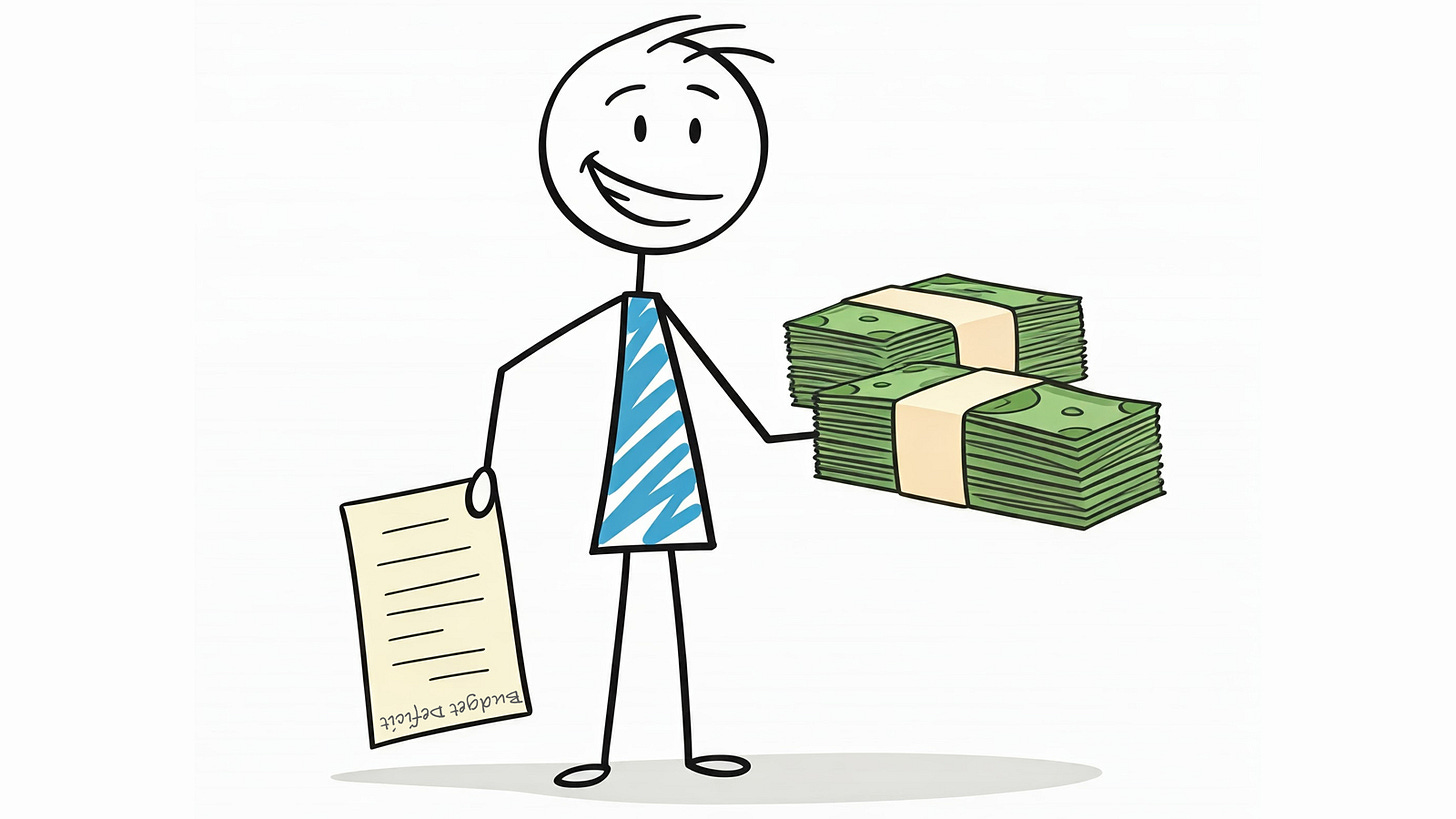Wanderings – Retail Ford Math borrows from the future
Ontarians are going to receive yet another rebate from the provincial government – goodie. Sometime early in 2025, a cheque for $200 per person will be delivered, thanks to the good financial fortunes of the province.
According to the government’s press release, a family of five will receive $1,000 – just after Christmas when all those holiday bills come due. Ontario Premier Doug Ford said in his announcement last week that the money is to help offset some of the carbon tax from the federal Liberals. What he should have said is that this is some money to prime the pump for an upcoming Spring 2025 provincial election. But politicians cannot come out and openly bribe you for your vote – especially with your money.
I welcome this rebate because – hey, I like having money in my pocket and not the government’s. But is it really my money I am getting?
A rebate implies that you have paid too much to begin with. On your yearly income tax filing, you will get an income tax rebate or refund if you paid too much tax during the previous year. How much you paid in taxes is balanced against how much you have in write-offs and credits. If you paid too much, you’ll get some back. If you didn’t pay enough, you will have to cut a cheque for more. It’s been this way for over 100 years since the “temporary” income tax was first put in.
Like I said, I like rebates. I like money in my pocket, not others. But there is a big problem with this latest Ford Festive Fund. The money is borrowed money – the provincial government is still in a deficit.
Finance Minister Peter Bethlenfalvy reported during his fall economic update that Ontario will still have a $6.6 billion deficit in the 2024-25 fiscal year. That means it will still have to borrow $6.6 billion to balance all the books, including the cost of this $200 for every person. This set of rebates will cost the province $3 billion. Wait, what was that again?
Ontario will finish the fiscal year spending $6.6 billion more than it took in. In business, that’s a $6.6 billion loss which would then be financed through debt, or cost cuts. But $3 billion of this $6.6 billion is being handed back to Ontarians as a pre-election “rebate” so really the deficit is $3.6 billion.
I don’t know about most families, but I know if I spent more than I earned, and had to go in debt to balance my personal finances – I wouldn’t also include in that debt a bunch of money I was giving away willy-nilly. So if I can’t do this financially, and I expect most Ontarians can’t, why can Doug Ford?
On social media, there has been a trend for the last year talking about “Girl Math.” It highlights the mental gymnastics that one does to justify spending money on things you can’t afford. The gender stereotype is unfortunate because making stupid financial decisions is not gender specific. Personally, I have done this on more than one occasion when going a model train shop.
This idea that the province is still in a deficit, so let’s give out more money that we borrow, is the very definition of Ford Math.
If this borrowed $3 billion was really burning a hole in Premier Ford’s pockets, why not use it to end hallway medicine, like he promised in 2018 and 2022? Or use the money to put educational assistants in each elementary classroom to help with behavioural issues and support students? Perhaps some of that $3 billion could be used to attract new doctors to the province? Or build more housing? Or lower post-secondary tuition costs? Or add more training for people seeking a career in the trades? There are so many things this borrowed money could fund. Instead, we get Ford Math.
A rebate of $200 is largely trivial on a personal level. It’s a couple of tanks of gas, or a week’s worth of groceries. But that $3 billion at a provincial level could do so much good. Ford Math eschews good governance and planning for momentary retail political wins.
While I like to receive money back in rebates or a refund when I’ve paid too much tax, I want it to legitimately be my money. I don’t want this to be money that’s borrowed from the future, at the expense of others.
This column was originally published in the November 6, 2024 print edition of the Morrisburg Leader.





